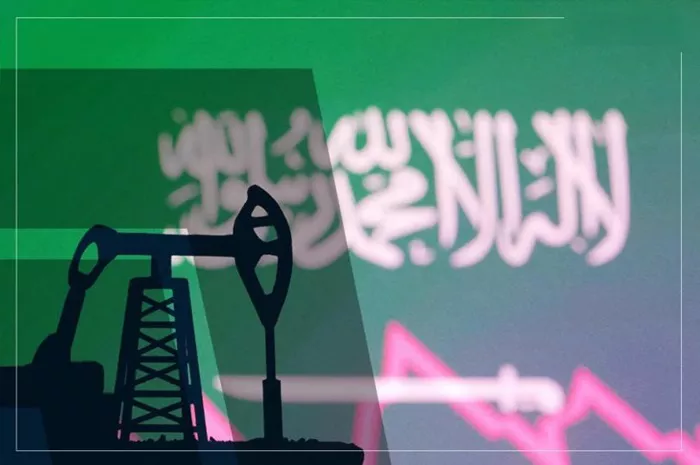Saudi Arabia is actively urging the OPEC+ coalition to speed up oil production increases over the coming months, signaling a significant strategic shift. This move aims to reclaim market share even if it means accepting lower oil prices, marking a departure from Riyadh’s longstanding policy of limiting output to maintain high prices, according to sources cited by Bloomberg.
Reports indicate that Saudi Arabia plans to raise its oil production by approximately 411,000 barrels per day in August, with the possibility of continuing to increase output in September. This approach contrasts with the more cautious stance of several OPEC+ members, including Russia, Algeria, and Oman, who have expressed concerns that additional production hikes could lead to oversupply and further price declines.
Saudi officials argue that the rising seasonal demand during the summer months justifies expanding production. By increasing output, Riyadh aims to strengthen its competitive position in the global oil market and curb the growth of rival producers.
This shift toward prioritizing market share over price stability represents a new phase in Saudi Arabia’s oil policy, with potential implications for global crude supply and market dynamics in the second half of 2025. Analysts suggest this approach could reshape international energy markets, especially as countries navigate the complex balance between economic recovery and energy transition pressures.
The OPEC+ alliance is scheduled to hold a crucial meeting on July 6, where member states will decide on production targets for August. The meeting is expected to feature intense discussions on how best to balance the dual goals of price stability and market share retention.
Industry experts note that Saudi Arabia’s move may test the cohesion of OPEC+ members and influence global oil price trajectories. As the global economy continues its uneven recovery and demand fluctuates, producers will need to show increased flexibility and cooperation.
The upcoming decisions by OPEC+ will be closely watched by market participants worldwide, as they will significantly impact supply dynamics, pricing, and energy security in the months ahead. Saudi Arabia’s push for faster production growth highlights the evolving strategies of major oil producers in an increasingly complex and competitive global energy landscape.
Related Topics:

